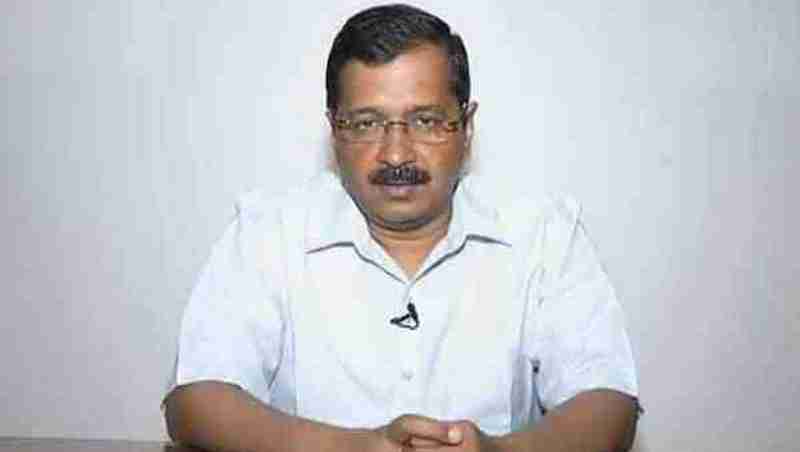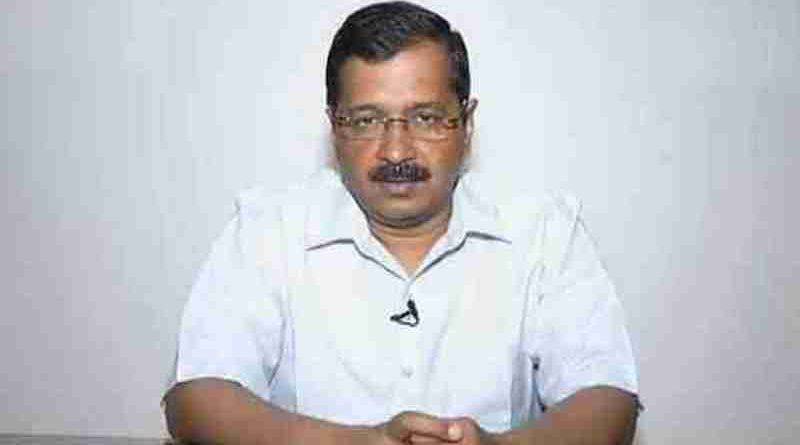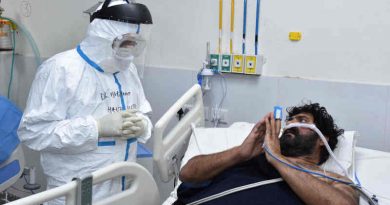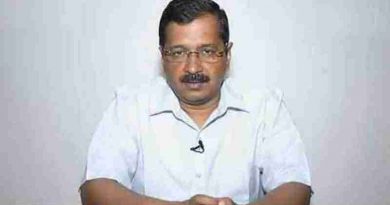Supreme Court Denies Bail to Kejriwal. Does Not Pass Triple Test for Bail

Supreme Court Denies Bail to Kejriwal. Does Not Pass Triple Test for Bail
Actually, Kejriwal, Sisodia, and Sanjay Singh do not pass the triple test for bail, but the court judges – who are usually influenced by some extraneous factors – have been giving bails to these influential politicians.
By Rakesh Raman
The Supreme Court has refused to grant interim bail to Delhi chief minister (CM) and Aam Aadmi Party (AAP) leader Arvind Kejriwal in the corruption case linked to the Delhi liquor policy scandal.
In its decision of today (August 14), the top court sought the reply from the Central Bureau of Investigation (CBI) which is investigating Kejriwal’s case and deferred the bail hearing till August 23.
As the Supreme Court and other Indian courts work erratically without following the law, the top court had granted regular bail to Kejriwal’s AAP colleague Manish Sisodia, who was also jailed in the same liquor scandal case.
There is ample circumstantial and direct evidence against Kejriwal, Sisodia, and a few more AAP politicians allegedly involved in this liquor scam case. But the Supreme Court has been granting bail to them after some ostensible reluctance initially.
In this case, another AAP leader Sanjay Singh was also granted bail by the Supreme Court in April and released from jail, although his involvement in the liquor policy case is quite visible.
Actually, Kejriwal, Sisodia, and Sanjay Singh do not pass the triple test for bail, but the court judges – who are usually influenced by some extraneous factors – have been giving bails to these influential politicians.
The triple test or the tripod test (1. flight risk, 2. influencing witnesses, and 3. tampering with evidence) for bail expects the prisoner to satisfy the court that he / she will not flee the country, will not influence the witnesses, and will not tamper with the evidence.
However, their records show that these AAP leaders do not pass the triple test for bail. It is alleged that Kejriwal and Sisodia have tampered with the evidence by destroying their mobile phones or not providing their access to the investigating agencies. After release from jail, Sanjay Singh is openly accusing the agencies and the government to subtly influence the witnesses as well as the courts.
It is also alleged that the AAP leaders have tried to gain access to the documents related to the liquor policy with the intention to tamper with the evidence. Also, with their money and muscle power the AAP politicians can easily influence the witnesses linked with the liquor scam. Kejriwal also does not pass the triple test for bail, because he defied nine ED summonses which called him for questioning in this case.
However, it is likely that after some initial resistance, the Supreme Court will soon grant bail to Kejriwal because the court judges easily succumb to the pressure of influential lawyers who represent affluent politicians. There may be some other factors also that influence the court judges who provided relief to the ruling politicians involved in heinous criminal cases.
The Supreme Court judges are so dishonest and cunning that they assert the ‘Bail Is the Rule, Jail Is the Exception’ principle when they have to grant bail to some influential prisoners like Kejriwal and Sisodia.
[ Also Read: Hindenburg Accuses SEBI Chief of Collusion in Adani Money Laundering Scandal ]
According to the judges, this bail principle even applies to people incarcerated under the draconian Unlawful Activities (Prevention) Act (UAPA). But the corrupt courts do not apply this principle uniformly.
There are a slew of other political prisoners who are languishing in Indian jails because the Supreme Court judges and other judges of courts want them in jails without any reason.
For example, a student leader Umar Khalid has been repeatedly denied bail because some judges want to keep him behind bars without formal conviction. During his four years in jail, Khalid’s bail application was arbitrarily rejected 14 times because he was raising his voice against the atrocities of the ruling regime.
Similarly, a youth Sikh leader from Punjab Amritpal Singh has been incarcerated in the Dibrugarh jail of Assam because he was opposing the hostile actions of the Punjab Government. But his repeated appeals to get bail have fallen on deaf ears.
While Kejriwal was granted bail by the naive Supreme Court judges for the Lok Sabha election campaign, surprisingly Amritpal Singh was not given bail even for contesting the same Lok Sabha election, which he eventually won while still in jail.
It clearly shows that either the Supreme Court judges are too ignorant or they get influenced by some extraneous factors while handling the court cases. When extending favours to AAP politicians, the court judges have not told how the money – hundreds or thousands of crores of rupees – embezzled in the Delhi liquor scandal will be recovered.
It is clear that after getting bail, it will be a virtual acquittal for Kejriwal and other AAP politicians as the trial will keep running for years or decades and they will keep using the money allegedly made in the Delhi liquor scandal. It is the travesty of justice.
[ You can click here to watch a related video on YouTube. It is also given below. ]
The new “India Judicial Research Report 2024: Decline of the Indian Judiciary” explains the shady working of the Supreme Court, high courts, and lower courts. You can click here to download and read the full report.
By Rakesh Raman, who is a national award-winning journalist and social activist. He is the founder of the humanitarian organization RMN Foundation which is working in diverse areas to help the disadvantaged and distressed people in the society.





